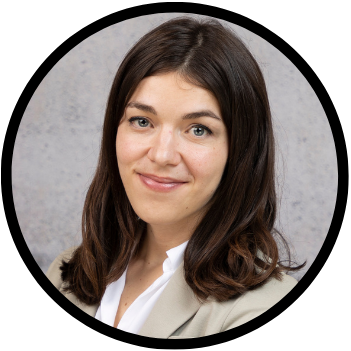
PROF. DR. ADRIAAN J. MINNAARD
Stratingh Institute for Chemistry
University of Groningen
All Creatures Great and Small; Chemical Synthesis-driven Lipidomics of Tuberculosis
Expertise in: Organic synthesis and chemical biology
Abstract: Tuberculosis is the deadliest infectious disease worldwide, yet we lack effective vaccines and rapid diagnostic tests. Together with members of various disciplines, we formed a lipidomics team and developed a strategy to discover new molecules in Mycobacterium tuberculosis bacteria. The contribution of our group is to chemically prepare these newly discovered compounds and solve their molecular structure. We successfully demonstrated that tuberculosis bacteria survive in immune cells by producing a unique antacid molecule that prevents their killing, which opens up new therapeutic and diagnostic strategies. Other new tuberculosis bacterial molecules turn out to activate an underexplored part of the human immune system, which is independent of the genetic variation in the population and therefore supports the development of a worldwide applicable vaccine.

DR. SABINA CANEVA
Assistant Professor, Department of Precision and Microsystems Engineering, TU Delft
DNActuate: building nanomachines with DNA for single-molecule studies
Expertise in: Caneva's group develops nanoelectromechanical systems for single-molecule biophysics studies using a combination of 2D material nanodevices, optical nanoscopy and DNA nanotechnology.
Abstract: DNA is mostly known as the molecule that carries genetic information. It is also excellent building material. Given DNA’s programmable sequence, we can now engineer predefined 2D and 3D structures with nanometre precision and high yields. These structures can be designed to make sensors and actuators that respond to their environment. Using machine-inspired design, molecular self-assembly and single-molecule fluorescence imaging, I will present two examples of DNA origami nanodevices from our group: 1) MechanoPores, which are structurally reconfigurable nanochannels for size-selective transport of biomolecules and 2) DNA origami sliders for single protein stretching and fingerprinting.
Sabina Caneva is a tenure track Assistant Professor at TU Delft. She obtained a BSc and MSc in Materials Science from Oxford University (2012) and PhD in Engineering from the University of Cambridge (2016). Subsequently, she joined the Kavli Institute of Nanoscience in Delft as a Marie Curie postdoctoral Fellow. In 2020, she was awarded a Delft Technology Fellowship to start her independent research group at the Department of Precision and Microsystems Engineering.
More reading: https://www.canevalab.com/